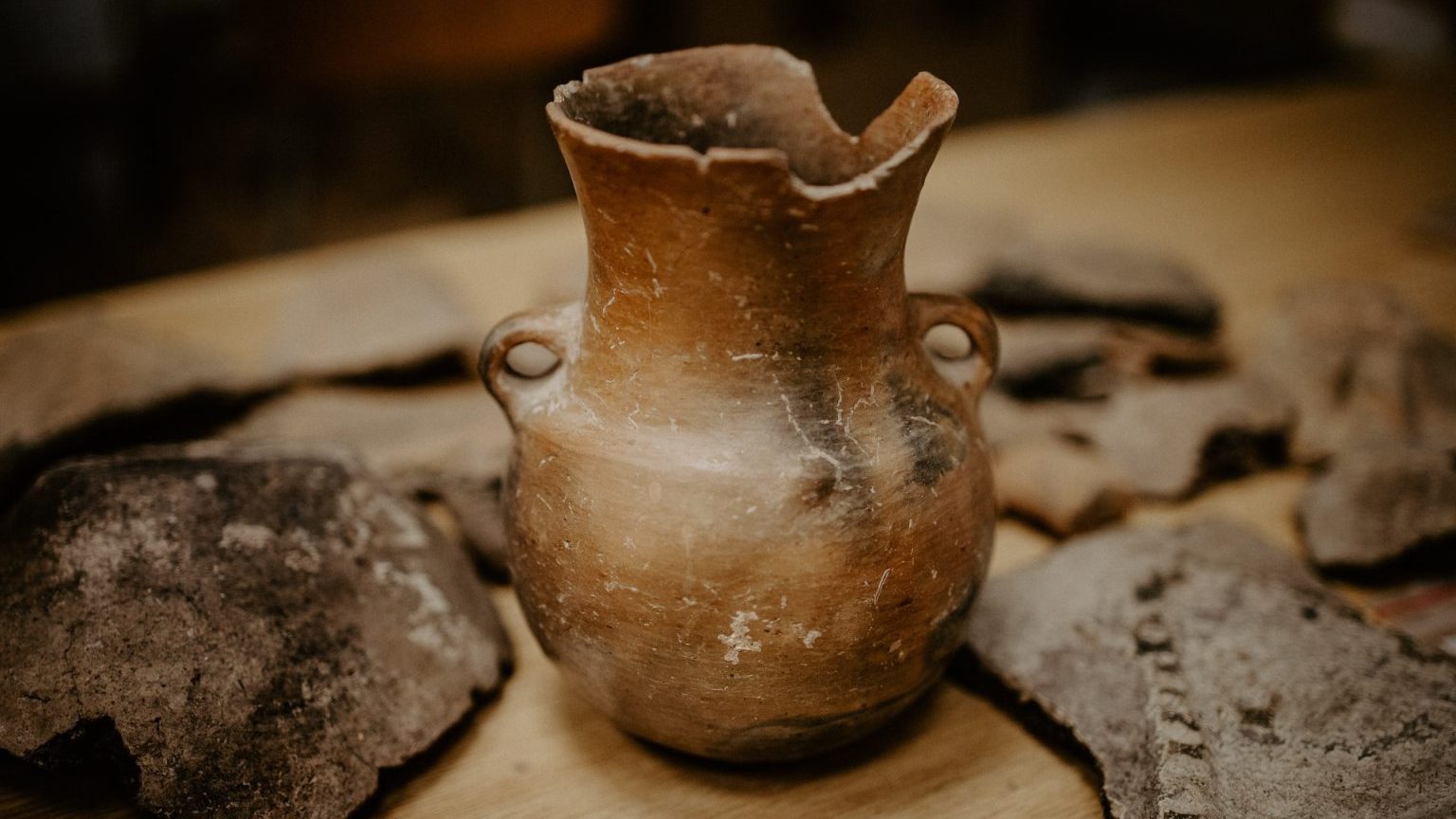Sex, Booze and the Meaning of Life
It reads like a headline in The Onion: “Study Finds People Prefer Having Sex to Scrubbing the Toilet.” Throw in an ironic moniker (the author of the happiness study is named Carsten Grimm) and it’s really too good to be true. Except this is for real. Grimm, a researcher at the University of Canterbury in New Zealand, sent his subjects text messages three times a day for a week to check in on what they were up to and how happy they were. Here is the report by Sarah Kneezle in Time:
Grimm had survey participants rank 30 activities on three criteria: whether it brought them pleasure, how engaged they were with the activity, and whether it brought them overall happiness. Unsurprisingly, having sex took first place in all categories.
Among other results, partying and drinking alcohol placed second overall, followed by religious activities and playing with children. Paid work placed 24th overall, just ahead of going to class but well behind washing/cleaning/grooming at 21st.
It’s easy to roll one’s eyes at the study for the obviousness of its conclusions or the crudeness of its design, but the really pernicious aspect of the research is the conception of happiness it presumes and the assumption that ranking daily undertakings on a pleasure metric is an enlightening endeavor.
Take this headline as an example: “NZ Study: people enjoy sex and alcohol more than having kids and practising faith.” What shall we conclude from this summary? As wonderful as sex and booze are, once frat life is behind us (and even when it is upon us) we probably wouldn’t be happy devoting every waking moment to these bodily pleasures. This is so even though, as Freud writes, more refined pursuits do not “convulse our physical being” the way sex does. (Nor do they inspire artistry like this “Happy Sexgiving” video by Yung Humma.) And as mundane as work and personal hygiene might be, life satisfaction overall might dip if we quit our jobs and gave up showering.
To appreciate the irrelevance of the University of Caterbury study — and the implausibility of ascertaining individuals’ genuine pleasure profiles from text messages — we might turn to a passage in John Stuart Mill’s discussion of the “higher pleasures” in chapter two of his essay Utilitarianism. Pleasure is not easily quantified on a single scale, Mill suggests, because experiences we conceive as pleasurable are often incommensurable. Some pleasures should be seen as inherently more valuable than others:
Of two pleasures, if there be one to which all or almost all who have experience of both give a decided preference, irrespective of any feeling of moral obligation to prefer it, that is the more desirable pleasure. If one of the two is, by those who are competently acquainted with both, placed so far above the other that they prefer it, even though knowing it to be attended with a greater amount of discontent, and would not resign it for any quantity of the other pleasure which their nature is capable of, we are justified in ascribing to the preferred enjoyment a superiority in quality, so far outweighing quantity as to render it, in comparison, of small account.
We start to see here why raising children may be not only a higher calling but a higher pleasure — despite the frustration, anxiety, stress and financial investment the project entails. Not every costly, challenging endeavor we take up is a recipe for happiness, but our world and our individual lives would be sapped of all meaning if we made life plans based on the results of happiness studies like these. Who would learn Chinese or advanced calculus? Who would spend all night volunteering in hurricane relief emergency shelters? Who would ever have a child?
Mill’s “decided preference criterion” outlined in the quotation above provides a rough but useful way to scrutinize our pleasures. If, on reflection, we would refuse to give up Pleasure A in exchange for a bottomless trough of Pleasure B, that’s a good sign Pleasure A is a higher pleasure for us. If we wouldn’t forfeit our religion or our children for the promise of a keg of cold beer that never runs dry, we should consider the former to be more valuable than the latter. Lower pleasures are fantastic — and reading the results of laughable happiness studies may well be one of them — but they are not the pulp of life.
Image credit: Shutterstock.com
Follow Steven Mazie on Twitter:@stevenmazie





